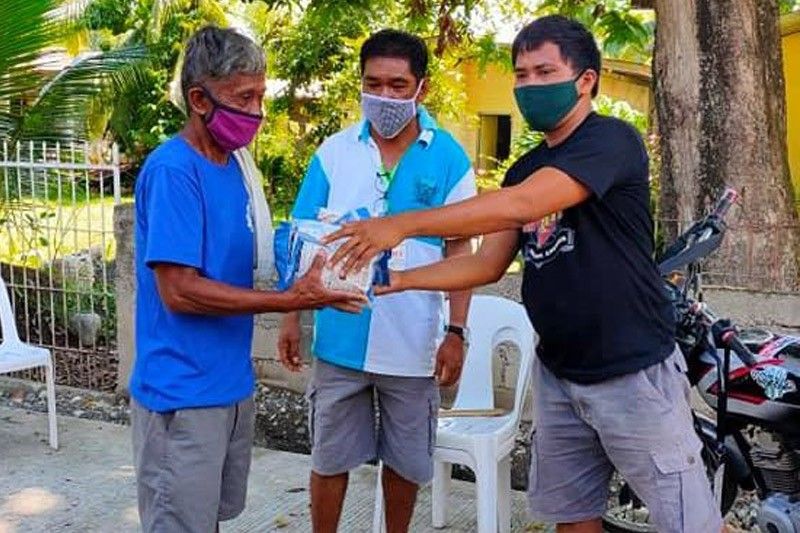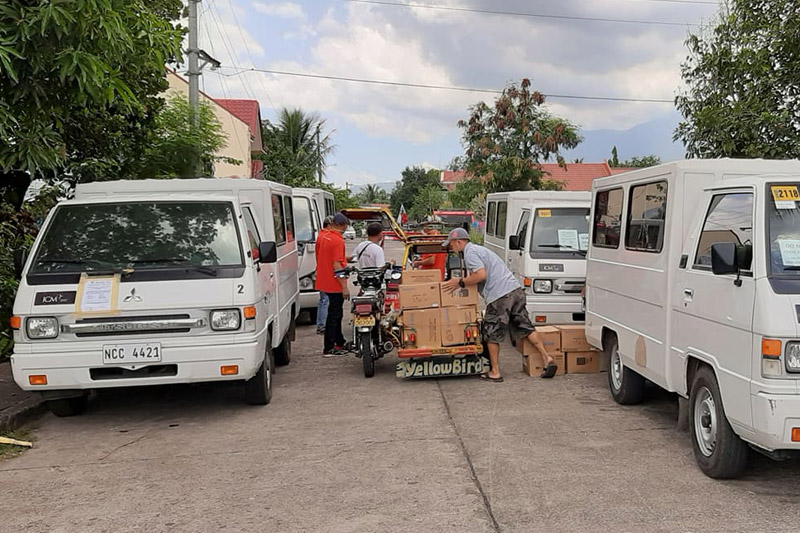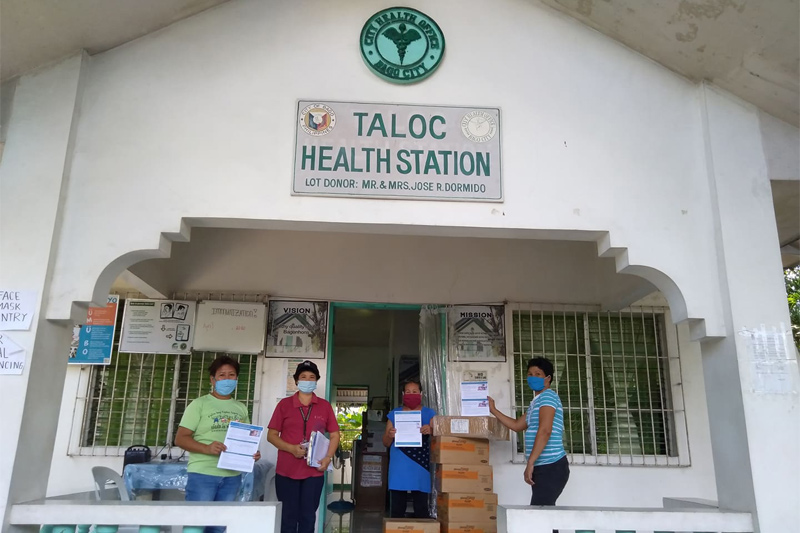ICM delivers 10 million meals to 1.7 million impoverished Filipinos

MANILA, Philippines — Hunger is a devastating by-product of the COVID-19 pandemic in the Philippines. Following the strict quarantine regulations that took effect on March 15, approximately 30 million Filipinos who live in poverty today are now struggling with hunger.
International Care Ministries (ICM), a Filipino non-governmental organization (NGO), has delivered a staggering 10 million food packs to at-risk families in the Visayas and Mindanao, reaching more than 1% of the Filipino population in the first 100 days of the quarantine.
The pandemic has hit the poorest especially hard. For most, hand-to-mouth income depends on daily labor, which had to stop during the quarantine.
“The thought of what will happen tomorrow and where to find food to survive this calamity has really brought fear to many families,” shared Reishel, a health trainer from General Santos.
ICM has been working with the heavily impoverished since 1992. Soon after the quarantine was enforced, the staff and partner pastors began receiving reports from all over the Visayas and Mindanao with pleas for help. Suspending its regular poverty-reduction operations, ICM pivoted to effective and efficient aid distribution.
Bringing food to the hungry

For aid distribution throughout the quarantine, ICM has been working closely with national, provincial and local governments.
"We've been impressed. Many agencies of the Philippine government have been acting heroically to help the poor. But in a country of more than 100 million people on over 7,000 islands, gaps are inevitable. That is where ICM comes in," said David Sutherland, chief executive officer at ICM.
The organization partners with over 10,000 pastors across the Visayas and much of Mindanao. They help identify families in the greatest of need. Through these key partnerships over the last three months, ICM has distributed meals and health supplies to 1.7 million Filipinos.
“There is no other charity in the Philippines that has come close to ICM’s reach among Filipino poor communities during the quarantine,” said Sutherland.
“We estimate that eight million poor people live in areas where ICM operates, so that means ICM has already distributed food to one out of five poor Filipino families across vast areas of the country,” he added.
More than 5,000 pastors send their requests through ICM’s Rapid Emergency and Disaster Intervention (REDI) system. ICM receives requests through text and social messaging, verifies those requests, and distributes relief packs to target communities in remote areas of the Visayas and Mindanao.
ICM partner pastors are a vital network for ICM’s reach. Pastor Edgar from Koronadal City was able to help 80 families in his community.
“It was a great experience because we helped people feed their body and soul. The families felt so blessed because they didn't expect that we would distribute the food packs in their community,” he shared.
Scalable, efficient response

ICM’s rapid and targeted response is only possible because of decades of innovation around efficient, effective, and scalable charity operations. Over the last decade, ICM’s Transform training program has graduated 1.4 million poor Filipinos with livelihood skills, health training, values formation, and savings groups. Before the virus took hold, ICM reported that its four-month Transform program improved household income by 146%, reduced serious illness by 29%, and decreased chronic hunger by 19%.
ICM’s regular programs may have been put on hold by the pandemic, but it is by no means slowing down its efforts. Right now, ICM staff and partner pastors continue to distribute food packs to families. ICM also intends to distribute 20 million seeds to the poorest families, allowing them to grow their own food, along with hundreds of thousands of booklets about COVID-19 in five languages to better equip them with knowledge in avoiding infection moving forward.
“I’m so proud of the staff, even though they are afraid themselves of being exposed to the virus,” said Samuel Templado, area head of ICM - Negros Occidental.
“But we had a great opportunity to reach people who no one else could reach, and save them from starvation—so we took it,” he concluded.
For more information, visit www.caremin.com.
- Latest

























